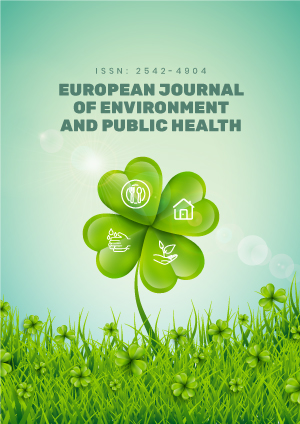Abstract
Poor funding and mismanagement were identified as a major setback to healthcare service delivery in Nigeria and of which is a prominent factor affecting its coverage and quality. This study examined the gap in the utilization of primary healthcare facilities in Lagun Community of Lagelu Local Government Area of Oyo State Nigeria. A cross-sectional study design using multi-stage random sampling technique to select 80 respondents that met the criteria were given the opportunity to participate in the study. A semi-structured questionnaire was used to collect information from respondents. Descriptive statistics and Chi-square were used for data analysis at 0.05 significance level, results showed that mean age of respondents was 30.5±17.0, where majority (97.4%) speaking indigenous Yoruba language. More than half (56.2%) were Christians, 56.6% had secondary education, and two-fifth (40.0%) of respondents being traders. Relationship between utilization and other factors at (X2=1.000, df=1, p=0.183) showed that awareness and availability were good, while accessibility and affordability were below the expectation as recommended by World Health Organization. Also, utilization of facilities that embraced health-for-all projected for the year 2020 millennium development goal would have assisted better improvement in achieving an holistic medical architecture through government and other health agencies proactive approaches if more enlightenment, intervention, health insurance accessibility, unalloyed cooperation of the dwellers with various health professionals anticipating in promoting utilization of health facilities in the community.
License
This is an open access article distributed under the Creative Commons Attribution License which permits unrestricted use, distribution, and reproduction in any medium, provided the original work is properly cited.
Article Type: Research Article
EUR J ENV PUBLIC HLT, Volume 7, Issue 1, 2023, Article No: em0125
https://doi.org/10.29333/ejeph/12448
Publication date: 01 Jan 2023
Online publication date: 09 Sep 2022
Article Views: 2484
Article Downloads: 2708
Open Access References How to cite this article
 Full Text (PDF)
Full Text (PDF)